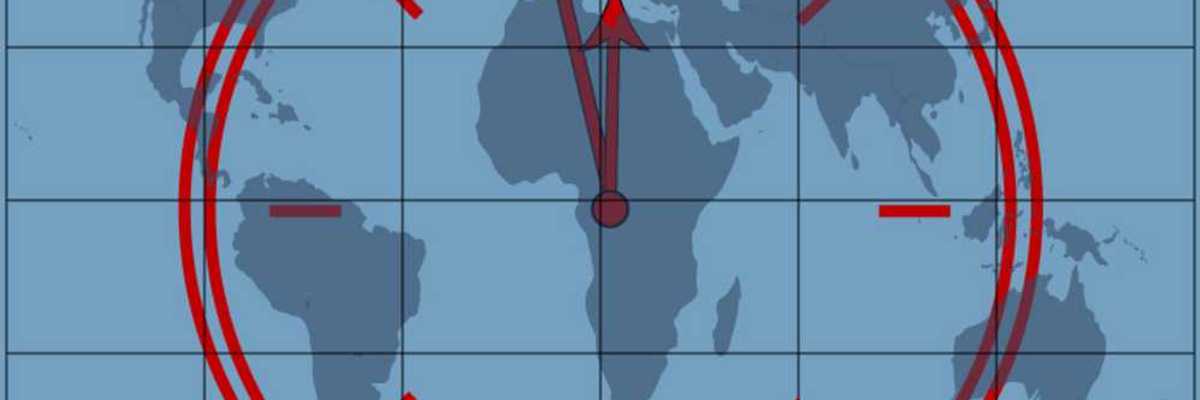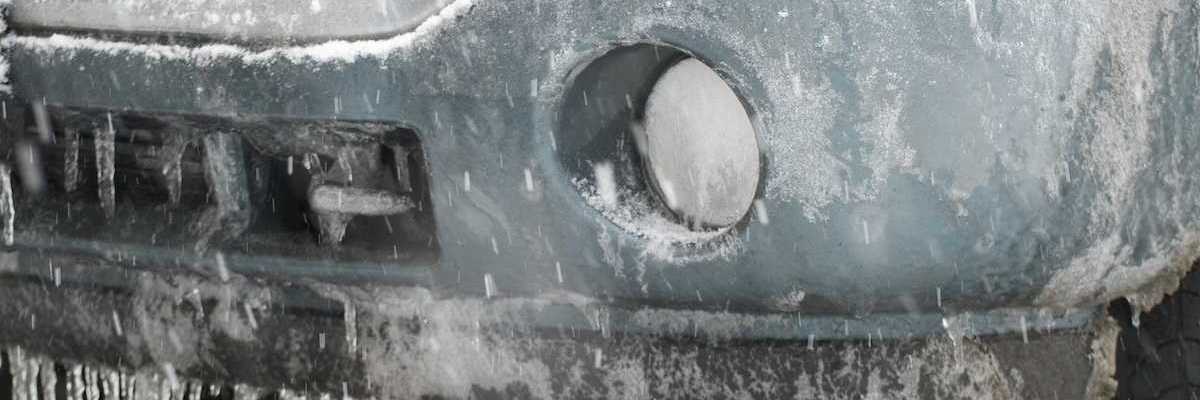tribal land
The US plans solar panels over canals on tribal land in Arizona
A pilot project on tribal land in Arizona will cover a half-mile of the Casa Blanca Canal with solar panels, aiming to generate clean energy and reduce water evaporation.
In short:
- The Casa Blanca Canal project will be the first U.S. solar-covered canal, generating 1.3 megawatts of power.
- The project, funded by the Inflation Reduction Act, aims to demonstrate benefits like reduced evaporation and algae growth.
- If successful, it could pave the way for similar installations nationwide, potentially generating 25 gigawatts of clean energy.
Key quote:
“Canal solar allows for greater power production per land size, cleaner water, less power transmission losses, and significant reduction in evaporation.”
— Ben Lepley, founder of Tectonicus
Why this matters:
Solar panels over canals offer a dual benefit of producing renewable energy and conserving water. This innovation could significantly contribute to the U.S. clean energy goals while addressing environmental concerns.
Enbridge seeks to overturn Line 5 shutdown on tribal land in Wisconsin
Enbridge, a Canadian pipeline company, is challenging a federal court's shutdown order of its Line 5 pipeline on the Bad River Reservation in northern Wisconsin, citing a 1977 U.S.-Canada treaty.
Phil McKenna and Noel Lyn Smith report for Inside Climate News.
In short:
- Enbridge argues that the 1977 U.S.-Canada treaty, which ensures uninterrupted oil flow between the two countries, should override the shutdown order.
- The Bad River Band of the Lake Superior Tribe of Chippewa Indians opposes the pipeline, citing risks to their water resources and traditional ways of life.
- Legal experts and environmental advocates view Enbridge's argument as a last-ditch effort, potentially undermining state and tribal rights to protect their lands.
Key quote:
"If you can’t protect your land from a trespass because of the oil pipelines, what’s the point of having your own land?"
— Debbie Chizewer, attorney for Earthjustice.
Why this matters:
This legal battle is significant as it highlights the tension between Indigenous rights, environmental protection, and international agreements. The outcome could set a precedent for how treaties and tribal sovereignty are balanced in environmental and energy disputes.
Related: Enbridge's Line 3 pipeline construction is running into tribal resistance over fears of water pollution, wild rice impacts, climate change, and exploitation of Native women.
There’s lithium in them thar hills – but fears grow over US ‘white gold’ boom
Lithium is critical for electric vehicles and could help slow global heating, but locals worry about the harmful extraction near tribal land.









